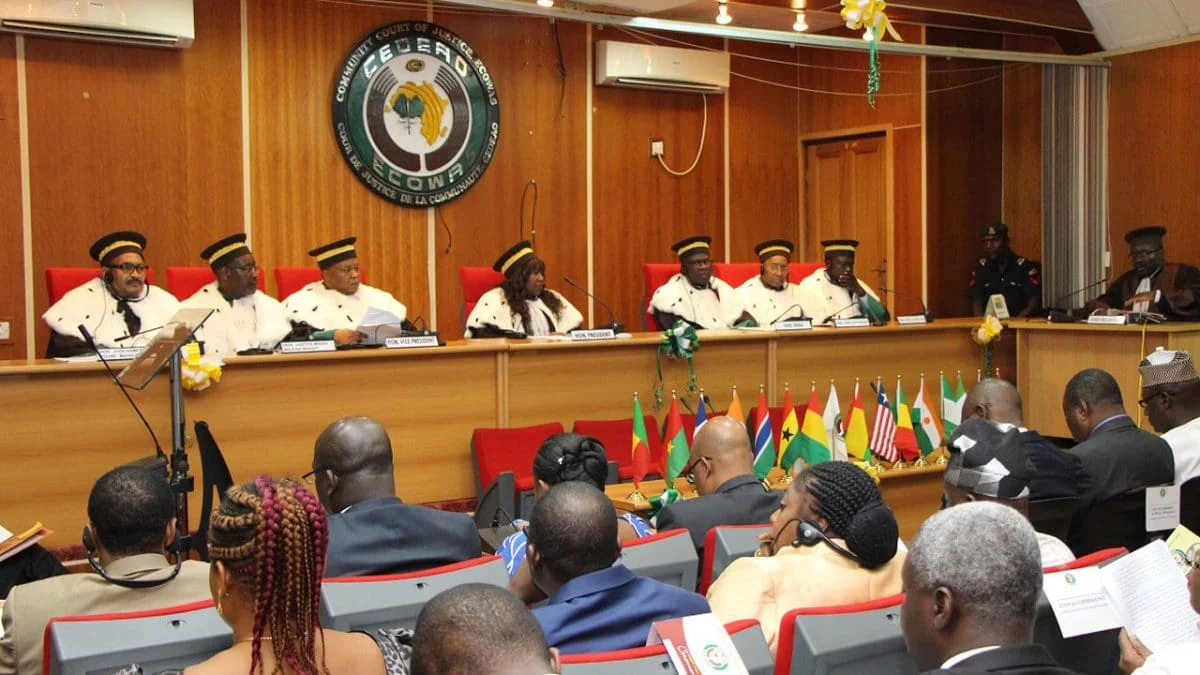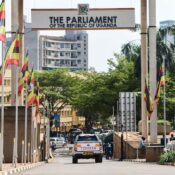
ECOWAS Court: International Human Rights Are Violated by the Kano Blasphemy Law
Judges from ECOWAS have declared that Kano’s blasphemy laws are “excessive” and violate international freedom of expression rights.
According to the Community Court of Justice of the Economic Community of West African States (ECOWAS), Nigeria’s international human rights obligations are violated by the blasphemy clauses in Kano State law.
The court determined that these regulations were incompatible with the protections for freedom of expression provided by regional and international human rights treaties in its historic ruling in the Incorporated Trustees of Expression Now Human Rights Initiative v. Federal Republic of Nigeria (ECW/CCJ/APP/41/23) case.
A Nigerian NGO called the Incorporated Trustees of Expression Now Human Rights Initiative brought a public interest lawsuit against blasphemy laws that have raised grave human rights issues throughout the country. The group chronicled instances in which people were arbitrarily arrested, imprisoned, and executed for allegedly blasphemous speech.
The application also brought attention to instances of vigilante justice, in which mobs slaughtered defendants with seemingly no repercussions. The NGO said that by upholding these laws and failing to stop associated violence, Nigeria has failed to fulfill its duty to protect citizens’ fundamental rights to life, freedom of expression, and freedom of religion.
The ECOWAS Court narrowed the scope of the challenge, allowing only claims pertaining to freedom of expression to proceed while affirming its jurisdiction to hear the case under its established mandate in Article 9(4) of its Protocol to address human rights violations within member states. Claims pertaining to rights to life and religious freedom were deemed inadmissible as private rights that cannot be pursued through public interest litigation (actio popularis).
The ECOWAS Court ruled that two significant blasphemy clauses in Kano State law were unconstitutional due to their breach of international human rights standards. In particular, the Court found that Section 210 of the Kano State Penal Code lacked the legal precision necessary by international human rights standards since it did not clearly define what constituted religious insult.
The Court additionally ruled that the death punishment for insulting the Prophet Muhammad, found in Section 382(b) of the Kano State Sharia Penal Code Law (2000), is “excessive and disproportionate” in a democracy.
The Court found that these laws violate the established human rights standards of legality, necessity, and proportionality under both Article 9(2) of the African Charter on Human and Peoples’ Rights and Article 19 of the International Covenant on Civil and Political Rights (ICCPR), despite acknowledging states’ legitimate interests in upholding public order and respecting religious beliefs.
The Court concluded that there was not enough evidence to back up charges that the state had failed to stop mob violence related to blasphemy, pointing out that media reports lacking further confirmation did not satisfy the necessary standard of proof.
A panel consisting of Hon. Justice Dupe Atoki (Judge Rapporteur), Hon. Justice Sengu Mohamed Koroma (Member), and Hon. Justice Ricardo Cláudio Monteiro Gonçalves (Presiding Judge) issued the ruling.
All Categories
Recent Posts
Tags
+13162306000
zoneyetu@yahoo.com



